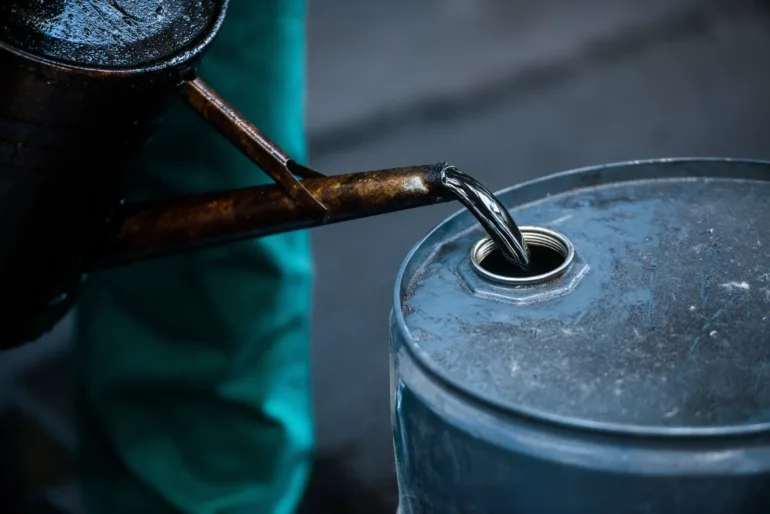The Federal Government has announced plans to seek an increase in Nigeria’s oil production quota from 1.5 million to 2 million barrels per day at the upcoming Organisation of Petroleum Exporting Countries (OPEC) meeting scheduled for November.
Currently, Nigeria’s OPEC quota stands at 1.5 million barrels per day, though actual production is estimated at around 1.7 million barrels per day, according to the Nigerian Upstream Petroleum Regulatory Commission (NUPRC). This remains below the 2.2 million barrels per day target set in the 2025 national budget.
Minister of State for Petroleum Resources, Heineken Lokpobiri, revealed the plan in a special bulletin reviewing Nigeria’s upstream oil sector performance, four years after the enactment of the Petroleum Industry Act (PIA) and establishment of the NUPRC.
Lokpobiri emphasized that Nigeria’s current quota no longer reflects its true production capacity, stating,
“The OPEC quota is subject to periodic review, and at the November meeting, we will make a strong case for Nigeria’s quota to be revised to two million barrels per day and beyond.”
He noted that Nigeria’s improved output, enhanced infrastructure, and increased upstream investments bolster its claim for a higher quota.
“When I assumed office, Nigeria’s OPEC quota was 1.5 million barrels per day because production was below that. Today, we produce about 1.7 million barrels daily, including condensates, and we have the capacity to produce over two million barrels per day,” Lokpobiri said.
He explained that condensates, lighter hydrocarbons not counted under OPEC’s production limits, provide Nigeria with flexibility in output without breaching quota restrictions.
“Condensate is not counted in OPEC production but sells at a higher price. Combining 1.5 million barrels of crude with one million barrels of condensate keeps us within the rules,” he added.
Lokpobiri also highlighted that an ongoing assessment of Nigeria’s production capacity will further support its case.
The minister attributed recent production gains to improved security and pipeline integrity in the Niger Delta, reversing years of losses from vandalism and oil theft.
“Previously, crude pumped into pipelines rarely reached export terminals. Today, 100 percent of crude pumped is received at the export points,” he said.
He further disclosed that Nigeria’s rig count—a key measure of upstream activity—has surged from about 14 to nearly 50 rigs, with expectations for further growth by year-end.


